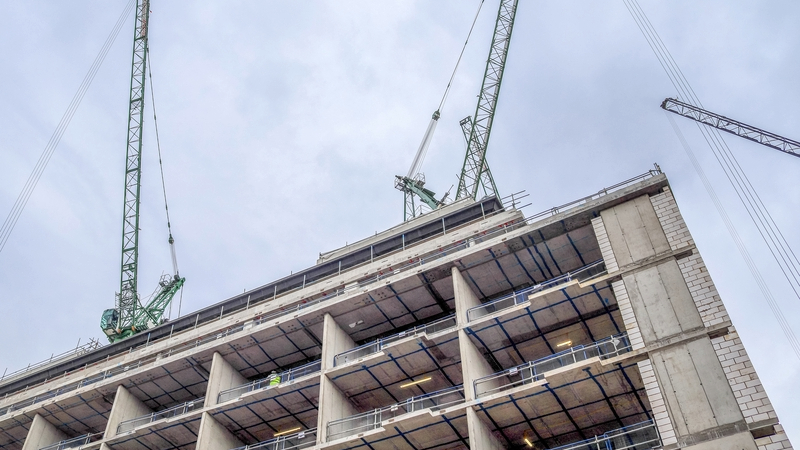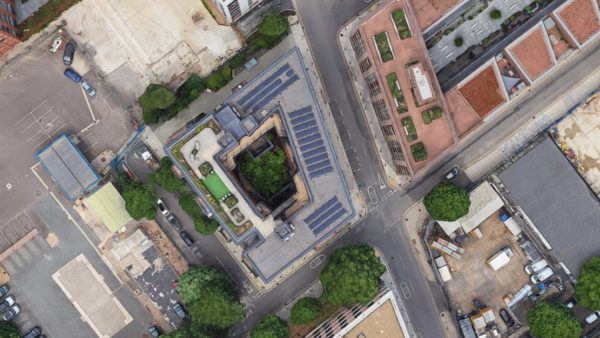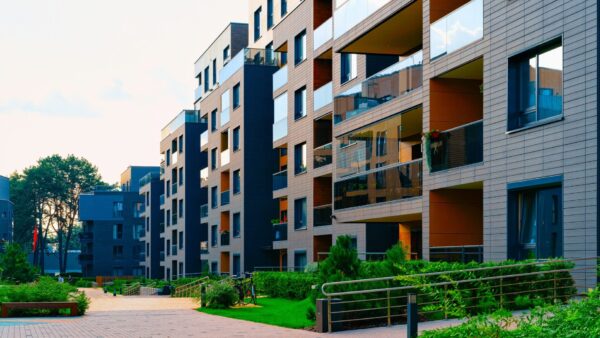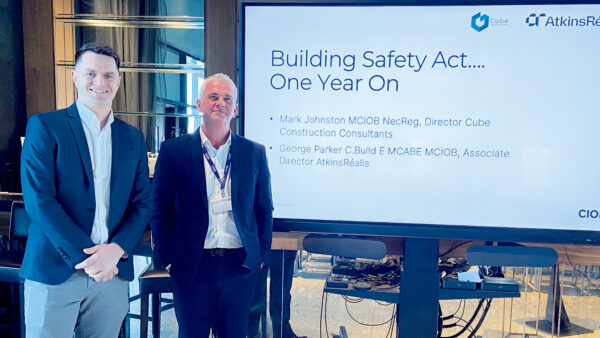A First-Tier Tribunal has decided that it is ‘just and equitable’ to grant a Remediation Contribution Order against the original developer of the Olympic Village and its current owner, Get Living.

The First-Tier Tribunal (FTT) has granted what appears to be the first substantive Remediation Contributions Order (RCO) made under s124 of the Building Safety Act 2022 (BSA) in the case of Triathlon Homes LLP (Triathlon) v (1) Stratford Village Development Partnership (SVDP) (2) Get Living plc (Get Living) (3) East Village Management Limited (EVML).
Applications for RCOs can be brought against developers, landlords and companies ‘associated’ to them to contribute to the costs of remedying ‘relevant defects’ in a ‘relevant building’ (being a building with at least two dwellings and at least five storeys or 11 metres in height), if the FTT considers it ‘just and equitable’.
In its judgment, the FTT deals with five applications made by Triathlon relating to serious fire safety defects across five buildings at the site (previously used as accommodation during the 2012 Olympic Games). Defects relate to both the design and the construction of the various non-ACM cladding systems on the external facades of the buildings.
The judgment sees an RCO of almost £18 million made against the Respondents.
What can we learn from this judgment?
- s124 gives no guidance on how the Tribunal should exercise its discretion as to whether granting the order would be ‘just and equitable’. The discretion should be exercised with regard to the purpose of the BSA and all relevant factors and it is not possible to identify a particular approach.
- The granting of an RCO is a no-fault, standalone remedy. The party ordered to pay under an RCO may not necessarily be the party at fault. The Tribunal commented that this is a route to securing funding of remedial works without the applicant having to become involved in potentially complex and expensive litigation in respect of the original contractual obligations.
- SVDP was the developer of the site and according to the BSA, there is a hierarchy of liability whereby the developer sits at the top (above freehold owners and any subsequent landlords), hence the Tribunal’s finding that the orders should be granted. Further, SVDP would have had to meet the costs from other landlords under the Building Safety (Leaseholder Protections) (Information etc.) (England) Regulations 2022 (the LPI Regulations) as the responsible landlord. The Tribunal commented that the policy of the 2022 Act was that the burden of the remediation costs should fall on the developer.
- If ordering an RCO against SVDP, the Tribunal found it would be ‘just and equitable’ to order it against their parent company Get Living, as SVDP evidently depended on Get Living for financial support.
- The Tribunal gave little weight to the fact that the beneficial ownership of the developer had changed significantly since the initial development of the site. The tribunal commented that the new beneficial owners could have instead taken a transfer of the land and buildings, rather than ownership of the developer.
- The respondents tried to argue the RCO was not necessary as the works were being funded. The Tribunal rejected this and essentially asked why the remediation works should be funded by the BSF fund and the public purse when Get Living has substantial assets. The legislative scheme created a hierarchy of liability in relation to a “relevant defect” and the taxpayer is not in that hierarchy. s124 was created to secure funding for remediation works without the applicant having to become involved in, or wait for the outcome, of claims against contractors and/or consultants, which would be complex, multi-handed, expensive and involve lengthy litigation. In any event, there was a risk of shortfall in the monies to be received from the BSF fund.
- It appears that RCOs can be made for costs incurred before s124 came into force on 28 June 2022.
- The judgment confirmed that applicants are entitled to claim a contribution not only to the costs of actually remedying the defects but also costs related to interim measures that may have to be taken such as a waking watch or temporary alarm systems.
- An order can only be sought from the FTT. Therefore, the parties’ costs will not usually be recoverable from the other side.
Building Liability Order
Another new remedy under the BSA is Building Liability Order (BLO) which gives parties the ability to pursue an ‘associated company’ for a building safety defect or breach of the Defective Premises Act (a ‘relevant liability’), to the originally culpable party, provided again it is ‘just and equitable’. This opens up liability for defects claims to parent and sister companies within a group of companies.
Whilst BLOs are granted by the High Court and not the FTT, no doubt those pursuing defects claims will also be considering whether this judgment helps them in establishing whether it would be ‘just and equitable’ to pursue other group companies via a BLO.
Helen Stuart is a partner and Harriet Muffett is an associate at Trowers & Hamlins.











